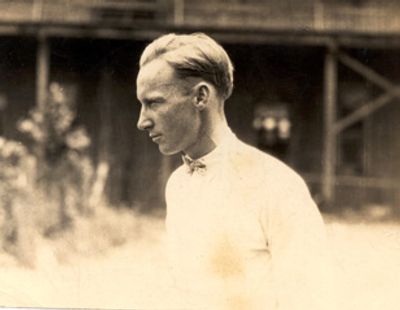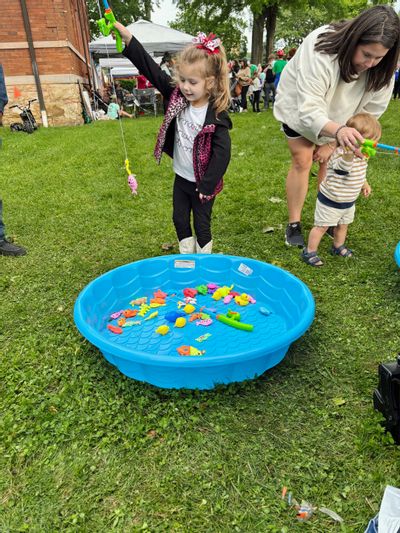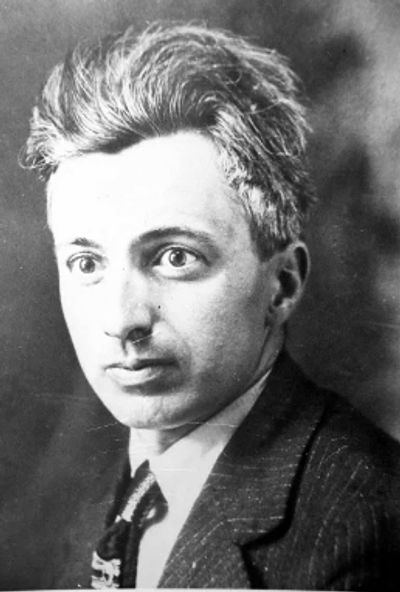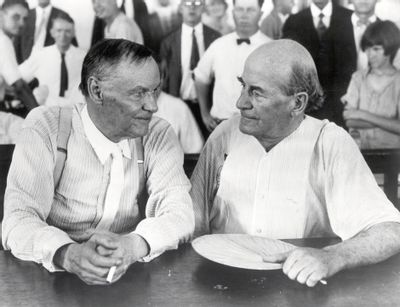May 5, 1925—THIS DAY IN SCOPES HISTORY
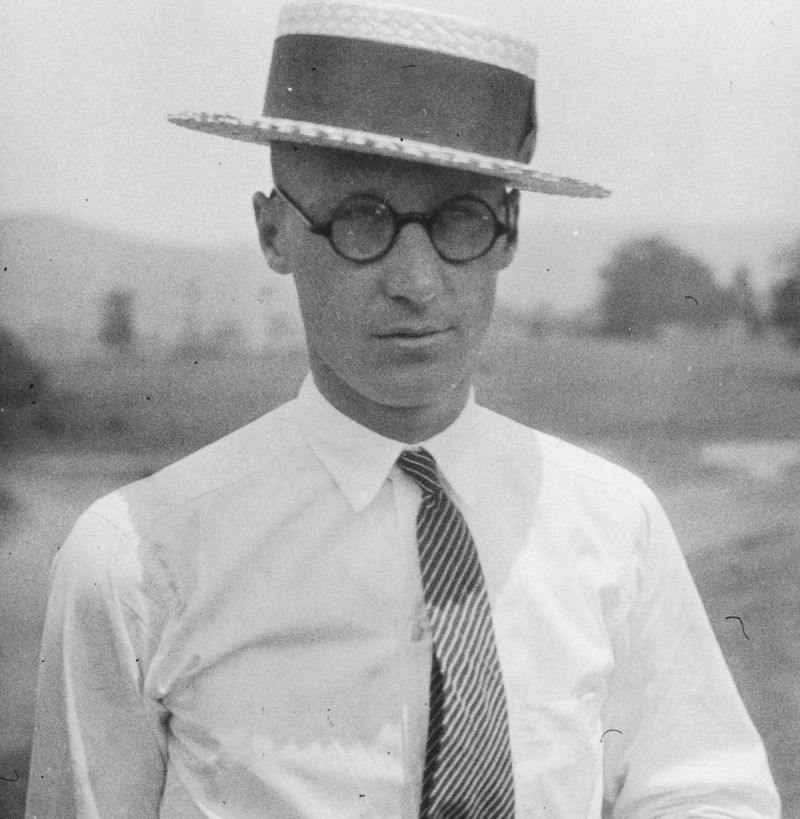
Several of Dayton’s civic leaders meet in Robinson’s Drug Store—the cultural center of Dayton—and begin planning a show-trial to test the Butler Act and, in the process, stimulate the area’s faltering economy.
After William Ferguson (RCHS’s principal and biology teacher, who had family responsibilities) allegedly declined to participate in the case,11 the group sent Clay Green (1894-1944) to get John Scopes from a nearby tennis match with his former students Charles Lineas “C.L.” Locke, Ross Cunnyngham, and Crawford Purser.
Scopes agreed to be the defendant, even though he claimed that he wasn’t sure that he had taught evolution when he was the substitute teacher in Ferguson’s biology class earlier in the year.
Rappleyea swore out a warrant for Scopes’s arrest and telegrammed the ACLU, and F.E. Robinson informed newspapers in Nashville and Chattanooga that “we’ve just arrested a man for teaching evolution.”
According to Scopes, “Robinson didn’t indicate that my acquiescence would lead to an ordeal, and I didn’t suspect it.”
Rhea County School Superintendent Walter White (1880-1951) promised a reporter that “something has happened that’s going to put Dayton on the map!”
The Scopes Trial provided the ACLU with its first major recognition.
This information is taken from “Causes Go On Forever…: A Chronology of the Scopes Trial,” by Randy Moore and Tom Davis. Copies of the book are available from the Rhea County Historical Society, P.O. Box 31, Dayton, TN 37321. Cost is $25.

